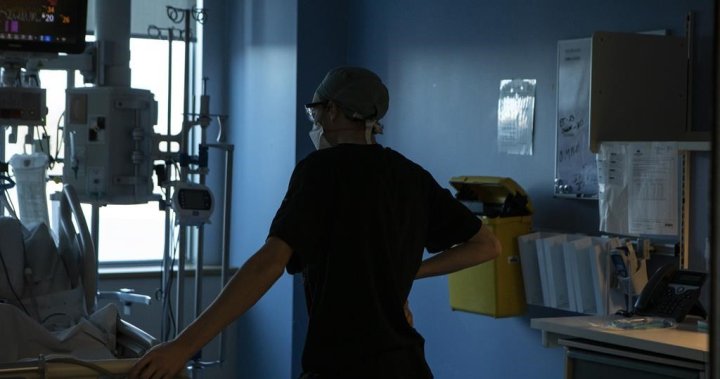As sexual assault rates rise, provinces face shortages of specially trained nurses | Globalnews.ca
An assistant nursing professor at the University of New Brunswick says there is a crisis-level shortage of sexual assault nurse examiners in the country.
Martha Paynter, who is also an author and well-known advocate for health equity, says most sexual assault nurse examiners are casual employees who work on-call hours on top of full-time nursing jobs.
Read more:
National advocacy group concerned with limited access to New Brunswick’s SANE program
Read next:
Will winter end soon? Canadian groundhogs split on spring calls
Paynter says in an interview that many nurses would love to do the work but are grappling with burnout and inflexible working conditions in their regular jobs.
Health officials in New Brunswick and Newfoundland and Labrador say they’ve cancelled plans to train sexual assault nurse examiners after too few nurses signed up.
The Ontario Nurses’ Association, meanwhile, says there is a “concerning” shortage of these specially trained nurses in the province.
Statistics Canada reports that the rate of police-reported sexual assaults in Canada rose by 18 per cent in 2021 compared to the year before, with the highest increases in Quebec, Newfoundland and Labrador and New Brunswick.

Sexual assault nurse examiners are forensic nurses trained to collect evidence from sexual assault victims, and to help them cope with trauma. They can also be called to testify in court.
Sheila Early, president of the Canadian Forensic Nurses Association, agrees that the current shortage of nurses specializing in sexual assault stems from decades of the practice being relegated to a casual position.
Early says in an interview that the training is not recognized as a specialty designation by the Canadian Nurses Association — but she says it should be.
The Canadian Nurses Association did not immediately respond to a request for comment.
This report by The Canadian Press was first published Feb. 2, 2023.
© 2023 The Canadian Press
For all the latest health News Click Here




